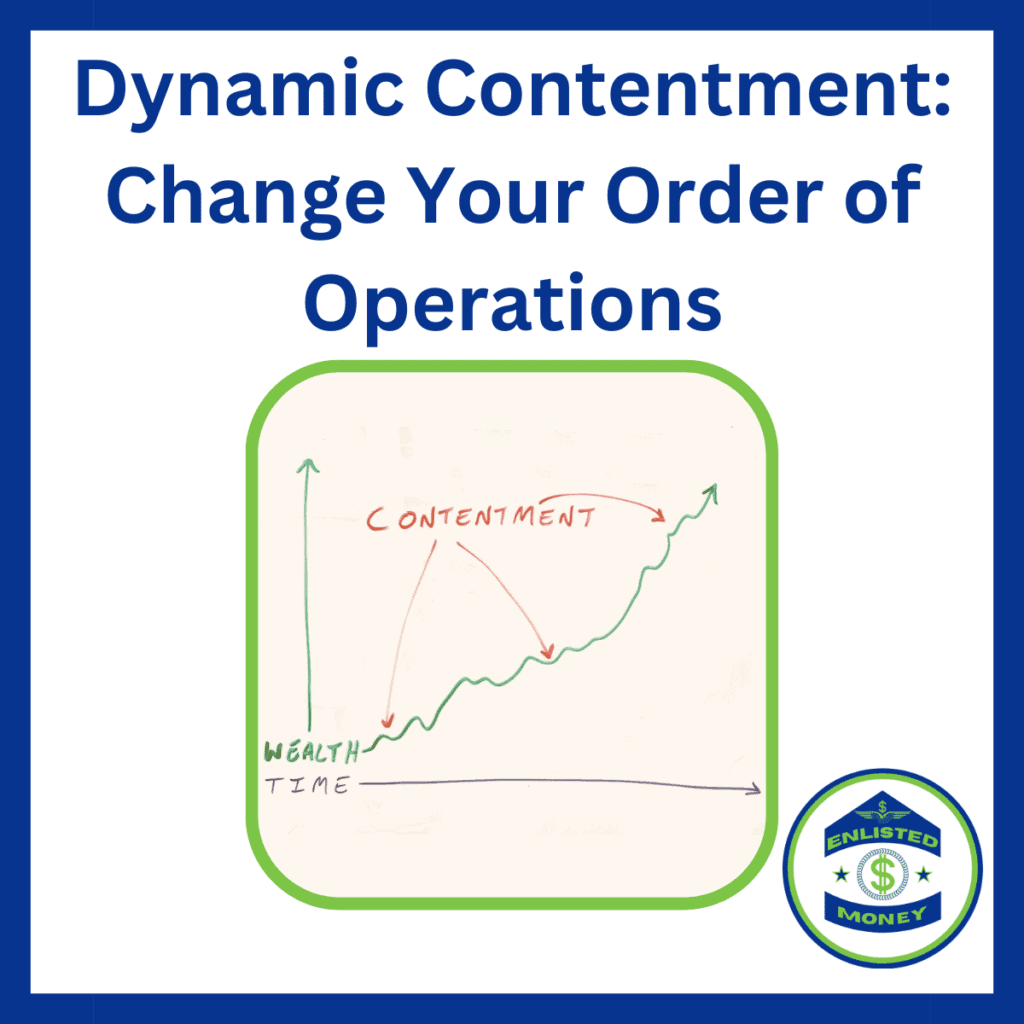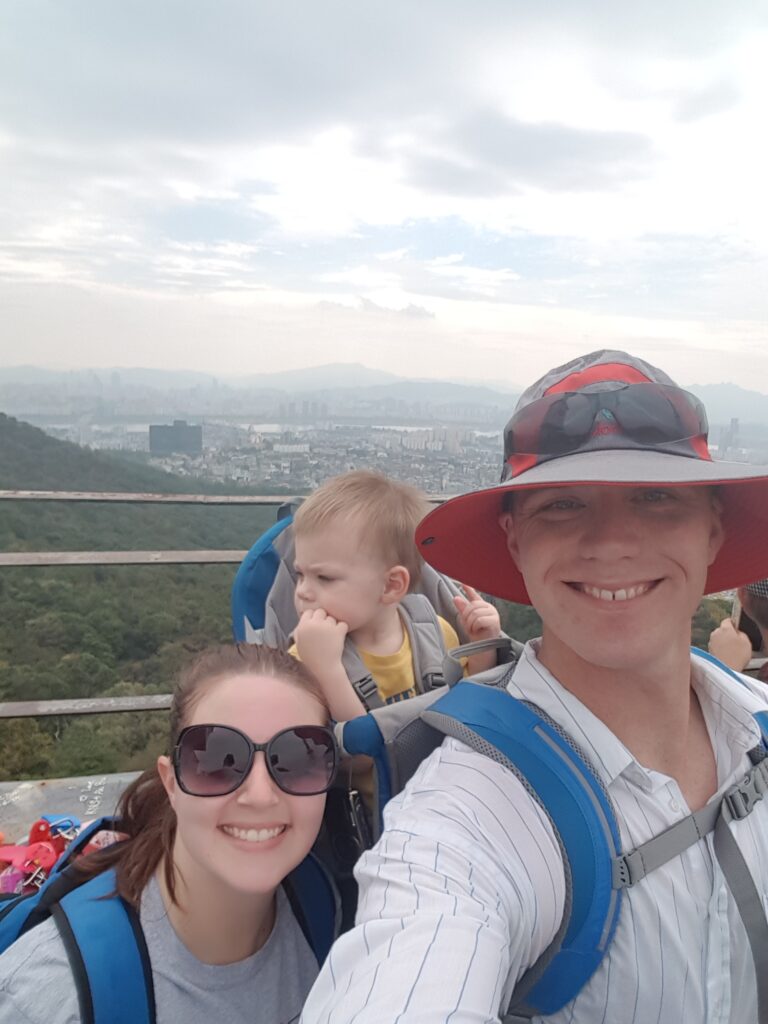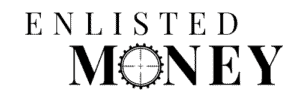
I was just as happy when we lived in a single-bedroom apartment as I was when we lived in a beautiful three-bedroom, three-bath house with a yard. Each had its own perks, though. In some ways, I miss the simplicity of having a living room set that consisted of a cheap futon and a throw-away tube TV sitting on an end table.
However, I’ve never voluntarily gone back to a one-bedroom apartment. It’s different now that I’ve accumulated so many things and people in my life. We’re trying to give my son everything we had growing up and everything we felt we lacked from our childhood—well, everything we can afford, at least. I’m not sure he’s actually going to be much happier because of it, though. Time will tell.
Defining Contentment in a Modern World
The most straightforward definition of contentment I could find was in the Cambridge Dictionary, which defines contentment as “happiness and satisfaction, often because you have everything you need.”
I’m also well aware that you need a certain amount of money to have everything you need. So, I set out to make more money so I could spend it to buy the things I needed to be happy. I now make more than I ever have, and I honestly do think I’m (mostly) as happy as I ever have been.
The Current Order of Operations
But I’m not convinced I’ve fully reached contentment yet. I think that’s because my order of operations for contentment is incorrect. I’ve tried to come up with the “FOIL” of personal financial operations similar to the acronym we used for the order of operations for math equations – First, Outer, Inner, Last.
I think if I had to make that acronym for personal finance based on what I observe in the world and my own life right now, it would look like this:
Finances – We’re constantly trying to solve for money first: money will solve all the other problems.
Occupation – We value what we do for work before anything else: you are your income.
Instagram – We’re overly concerned about external views of ourselves: just make it look good.
Life Last—After all those other things, we’ll solve for meaning and purpose: life comes last.
Do We Have It All Backward?
Based on this version of FOIL, I think we’ve got the idea of contentment all backward. I think we’re (mostly) solving things in the wrong order.
Reframing for Contentment
My mirror into my own life tells me I’m disordering things myself—even if I don’t want to admit it. I’ve done what I was supposed to do. I got the best job I could find at the time, committed myself to it, and have kept grinding to solve the money equations in our lives. I take pride in providing a life for my family “better” than where I grew up.
More Money, Less Time
Yet, as I have achieved more wealth and income, I can’t say I’ve really achieved appreciably more happiness per se. When we didn’t have as much stuff and obligations, we had more time for things that made me happy. As we’ve accumulated more wealth, we have less time for those things.
Ironically, as I solved one problem, I created another. However, I do feel fairly happy with things as they are right now. I feel a similar level of contentment to what I did when all our possessions could fit in a six-foot by ten-foot cargo trailer (not an exaggeration; that was everything).
I would actually rate my contentment highest in times when we had very few possessions (distractions) but an abundance of time together. Luckily, we have experienced this a couple different times: once with low income and once with much higher income.
The South Korea Experiment
If you’ve never had the chance to be stationed overseas, I’m sorry. Living overseas has been one of the best parts of being in the military, second only to the people I’ve met along the way. Moving to Korea was unique for a few reasons, but I’ll talk about one important exercise we were forced to endure: only take half your stuff.
Weight Restrictions Temporarily Freed Us
Due to space and weight restrictions, you can only ship half your normally authorized weight limit for an accompanied tour. This meant that everything “non-essential” went into storage. No motorcycle, no truck, almost none of my tools, and very few decorations and other “cutesy” things.
We had very little stuff, but all three of us had plenty of time together and “extra” money by way of our cost-of-living allowance (COLA). So, we spent more time than money traveling around Seoul and elsewhere in Korea.
Many Special Times in Korea
We have many fond memories and special times from Korea. My son was little, so I stuffed him in a backpack carrier, and we hit the subways. It was kind of like traveling with Brad Pitt strapped to your back. All the girls and women were absolutely crazy for him. They’d speak to him in Korean, and he’d babble back. We joked that my son knew how to “speak” in Korean because they’d seemingly hold entire conversations with him.

Old and New Friends
I reconnected with my best friend Chris from when we were at AIT together at Fort Gordon (now Fort Eisenhower). I became great friends with Matt next door. I’ll always have fond memories of him and I burning random stuff in my barbecue grill as a makeshift fire pit and drinking Yuengling until the wee hours of the morning.
Money is Somewhat Optional
Interestingly enough, all the things I enjoyed the most about Korea didn’t cost much money at all. A case of Yuengling costs $20, and we could ride the subway for a whole weekend for about the same. In other words, by limiting distractions in my life and focusing on people, I was able to experience my highest levels of contentment with a modest amount of money.
Limited Debt Load
I think it is also important to understand that, interestingly enough, both of these time periods I spoke about were when we had the least amount of debt, too. While in that first apartment, we were on a slow crescendo of debt accumulation, which culminated in a truck we couldn’t afford. We hadn’t really accumulated much debt yet at that time. When we were in Korea, we had become debt-free a couple of years prior. I’m not 100% sure if this is correlation or causation, but I think there’s some relation.
We Were Still Content Without Needing Much Money
So, how were we able to develop contentment without using a lot of money? I think it’s because we (accidentally) got the financial order of operations right. I had been doing a lot of what I thought I was supposed to be doing. Remember, the order goes Finance, Occupation, Instagram, and then Life. Or does it?
In that apartment and in Korea, we were restricted to only having each other. This leads me to believe we need a new framework to help us cultivate contentment at every stage of life. Enter Dynamic Contentment.
The Concept of Dynamic Contentment
I’m not sure if this is a completely original thought, but I feel like the people who live the best lives make do with what they have. I’ve seen people who had very little living in objectively abhorrent conditions be perfectly happy and content. I’ve also met more than a few people who had way more wealth than we did but seemed absolutely miserable inside and out. This leads me to believe that contentment has nothing to do with money at all.
Dynamic Contentment is achieving happiness and satisfaction at every stage of wealth.
If you can be content when you’re poor and continually cultivate contentment as you create more wealth in pursuit of your higher purpose in life, you’ll be much better off. In other words, practicing dynamic contentment allows you to accept less money or income in life or create more wealth and maintain happiness if you maintain balance in all the other areas of your life.
Contentment Is Assumed to Only Travel One Direction
I think the real key to maintaining contentment is to recognize what’s most important in our lives and be thankful for everything we have. We all seem to be stuck on this idea that in order to be content, you always need more money. I think that’s a myth. Instead, I think we need more meaning. We need to be grateful.
Our Korea experiment shows that you can have less stuff and receive more satisfaction. This breaks the seemingly accepted assumption that you first need more money to achieve more contentment. If that were true, why is minimalism a thing? Why are even billionaires depressed?
Developing a New Order of Operations
I believe we’re not understanding the true formula for happiness. We need to develop a healthy ratio of all the ingredients to contentment. I also believe we need to ensure we’re doing things in proper order. I think the new version of FOIL should go something like this:
Faith – No matter what you believe, develop your spiritual, inner self first: no matter the circumstance, nobody can take away your faith.
Other People – Our deepest satisfaction in life is in sharing it with others: people are the most important thing outside ourselves.
Income as Needed – We should only seek to generate income as a means to cultivate meaning and relationships: money is the method, not the meaning.
Limit Distractions – Stop looking outside your own life for the new thing: comparison is the thief of contentment.
Sounds cool, bro. But how do you do that?
Separating Money Matters from Contentment Matters
I think in order to practice dynamic contentment correctly, we need to separate money matters from contentment matters. Money is only one part of the equation, but it isn’t the most important. You can live a life of faith with people you care deeply about with almost no money.
However, once we add money into the mix, our ratios get thrown off. You’ll need to make adjustments to ensure money, wealth, and material possessions don’t take an outsized portion of your FOIL equation.
Solve for the Contentment Problems…
I’ve spent the majority of the last decade trying to figure out the deeper parts of my life. What religion do I choose? What kind of legacy do I want to leave? Do I even like my life?
I’ve read many books, tried out different religious practices, and had many great conversations. Two of my best mentors asked me two very important questions. When I was first forming Enlisted Money as an idea, my friend Kate Horrell asked me a great question: “What do you NOT want to do?” In a coaching session with Lacey Langford, she asked me: “What are you still missing?”
These ended up being two sides of the same coin. My answer to both questions was the same: people. I didn’t want to serve people I thought would make me a lot of money (hence going all in on enlisted). I wanted to help people like me live the lives they were meant to be. More importantly, I want both the people I serve and myself to spend all the time we can with the people we care about the most.
…Then Solve for the Money Problems
Once I figured out the why, the who, and the what, all that’s left is solving the money problem. Too easy, right? Well, the fact that volumes of textbooks and millions of websites are flooded with information about how to make and keep more money, we’re probably still pretty far away from the answer to all our money problems. I think the key is to limit the number of money problems we create and, therefore, the need to solve them in the first place.
The more stuff we add in the name of making more money to eventually “live our best life,” the farther we’re getting from our ability to create contentment in our lives. It’s okay to want more, but we need to lead with the people we want to build memories with and create impact. The money is always secondary.
Creating Your Own Version of Dynamic Contentment
My version of dynamic contentment will look different from yours. I’ve decided I want to help more people like me (enlisted military) solve the money equation so they can become who they were meant to be in life.
Luckily, I can do that without a lot of money. This blog is funded with my other business and have some incredibly fulfilling conversations with people about this project. I just need more time, which I think I’ll have once I retire.
I think finding what that looks like for you boils down to those two questions I had to answer for myself:
- What do you want to remove from your life?
- What are you still missing in your life?
My hope is that creating a practice of dynamic contentment allows you to always answer both of those questions with one word: nothing.
